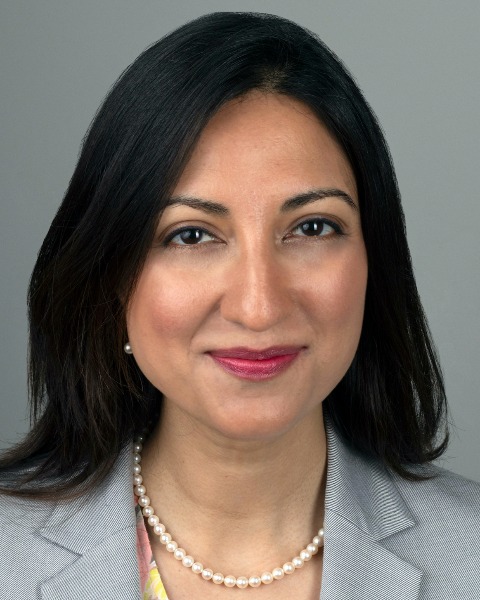Back
RT10: Practical Strategies to Treat Female Sexual Function Concerns in Urogynecology
Wednesday, October 4, 2023
12:00 PM – 1:00 PM US PST
Location: Foyer

Mallika Anand, MD, MS (she/her/hers)
Assistant Professor of Obstetrics, Gynecology, and Reproductive Biology, Director, Center for Intimate Health and Wellness, BIDMC
Harvard Medical School
Boston, Massachusetts, United States
Roundtable Facilitator(s)
Disclosure(s):
Mallika Anand, Mallika Anand, MD, MS: Levaira: Advisory Board (Ongoing), Stock-privately held company (Ongoing); Wolters Kluwer: Author - UpToDate (Ongoing)
In urogynecology, many of our patients turn to us to help treat their sexual function concerns. Our training provides us with a strong foundation to diagnose and treat dyspareunia and genitourinary syndrome of menopause; however, we often have less experience in treating conditions such as low sexual desire. This roundtable will empower participants of all levels to answer the following key questions: What are the high-yield clinical pearls that I can use to help my patients with sexual function concerns? What nonpharmacologic, surgical, and medication options can I use to treat patients with sexual function concerns? How do I identify the multidisciplinary partners (physical therapists, sex educators, and other healthcare professionals) in my community to help provide comprehensive care to my patients? These important questions will be discussed in an interactive, case-based format, and participants will receive a resource list for their immediate use.
Learning Objectives:
- Discuss a systematic approach to diagnose female sexual function concerns in urogynecology
- Review nonpharmacologic, medication, and surgical treatment options to treat sexual function concerns
- Identify multidisciplinary partners in other specialties to help care for patients with sexual function concerns
